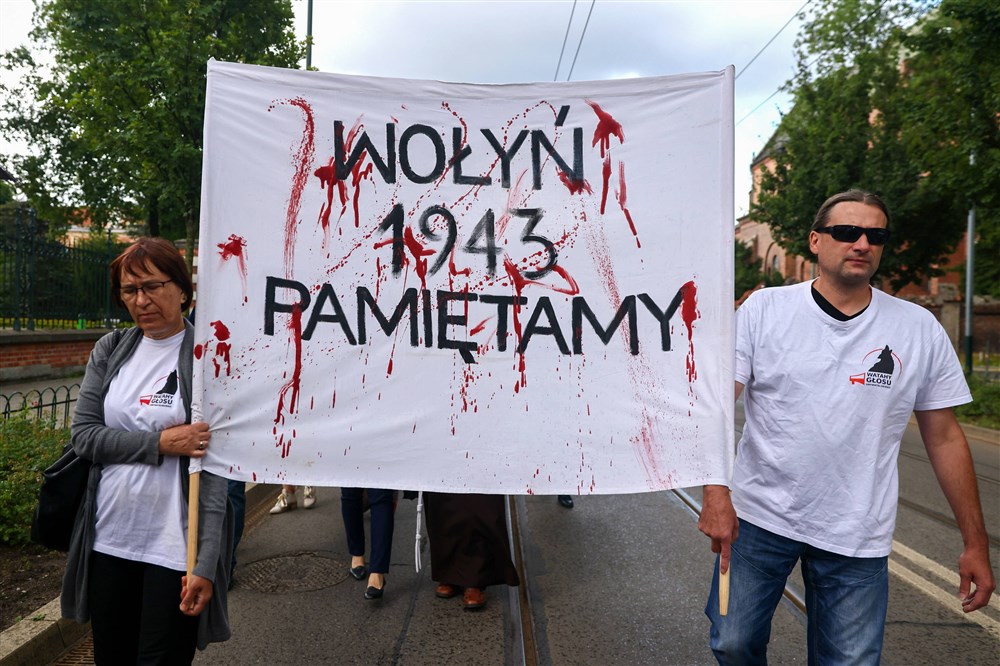Officials from the region of Middle Franconia in Bavaria have apologised for their rendition of a German folk song, favoured by Nazi troops during the Second World War, at an event in Poland.
On August 6, the folk group, which was part of an official delegation from the German region, sang the folk song Ein Heller und ein Batzen (A penny and a Dime) at the popular St Dominic’s fair in the Polish city of Gdańsk.
The performance caused something of a stir in Gdańsk and a storm on Polish social media.
Z czym się Wam kojarzy ta piosenka? Takie atrakcje na @jarmarkdominika Piosenka była popularna w Weramchcie. @Dulkiewicz_A @PiotrGrzelakGDN @MaciejNaskret @KacperPlazynski @dz_baltycki @RadioGdansk @ADReverse @ipngovpl @fideista @Janusz_Ch_ @Jaroslaw_Popek @Cenckiewicz pic.twitter.com/1FlTGaqDFC
— Gdańsk Strefa Prestiżu (@GdanskStrefa) August 6, 2023
The tune was once a popular marching refrain used by Wehrmacht troops during the war. In Poland, it is remembered as a symbol of German Nazi occupation.
According to the fair’s organisers, the performers’ rendition of the song was in its original 19th-Century version and the singers were unaware of the negative connotations in Poland until they were informed of its inappropriateness.
Authorities in the German region then issued a statement in which they said they deeply regretted the incident and explained there was no intention to offend anyone. That was accepted by the fair’s organisers and the City of Gdańsk, where the local government is a bastion of Poland’s Liberal PO party led by Donald Tusk, which the country’s ruling Conservatives (PiS) regard as being pro-German.
During the presidential campaign in 2005 it was revealed that Tusk’s grandfather had been a soldier conscripted into the Wehrmacht during the Second World War. The revelations outraged Tusk and his party at the time, who argued that they had been published to discredit him.
While in office (2007-2015), Tusk became a close ally of then-German Chancellor Angela Merkel and was regularly criticised by the PiS for being too accommodating to German interests and policies.
The German occupation in Poland lasted for almost six years and led to millions of Polish deaths as well as enormous physical destruction of the country. One of the reasons given by Hitler for the attack on Poland was that he was “protecting the Germans” in Danzig, now called Gdańsk.
In the autumn of 2022, Poland filed a reparations claim against Berlin for damages sustained in the Second World War. It also argues that there is insufficient realisation in Germany of the suffering it caused to Poland during the war.





